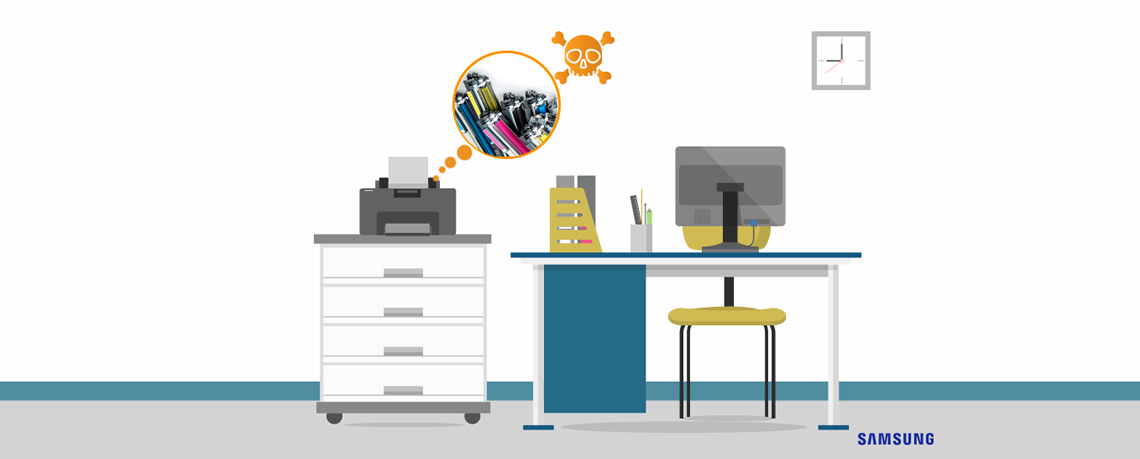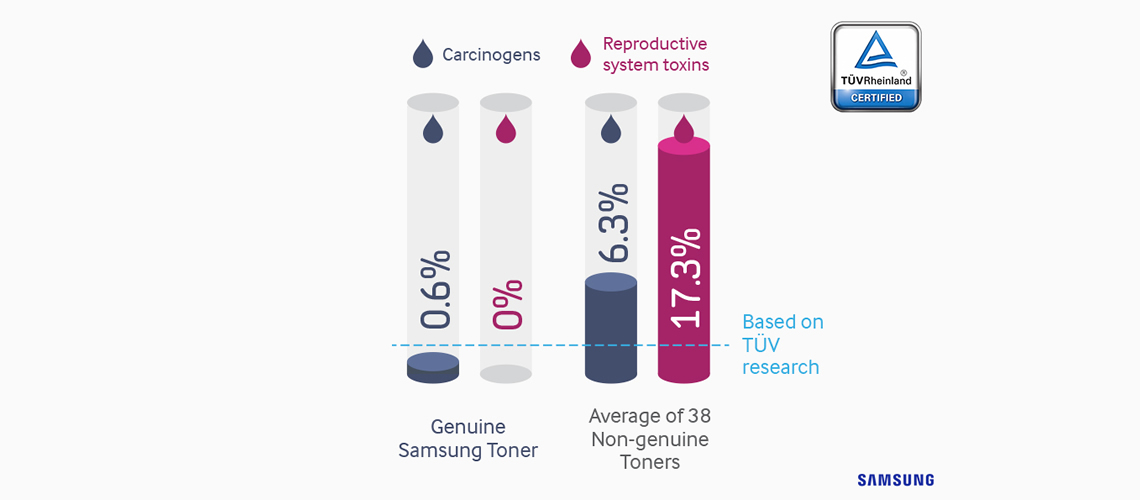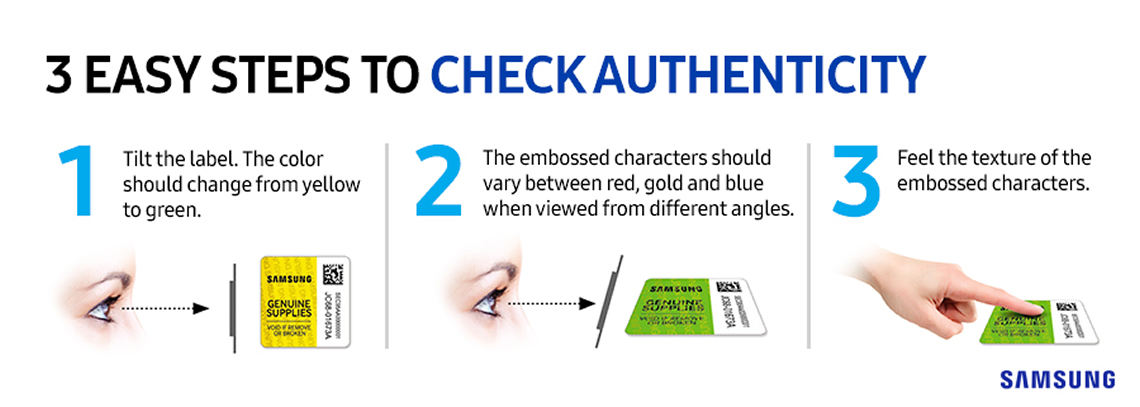
How breathable is the air in the workspace you provide your staff?
With air pollution levels on the rise all over the world, the last thing most modern employees want to worry about is having to work in potentially hazardous office environments. Unfortunately, experts say that we may inadvertently be polluting our workspaces with office technology-related emissions, filling our lungs with carcinogens, and even doing the unthinkable – causing damage to unborn babies.

Conscientious business owners are now realizing that the time to act is now. They are quickly coming to the conclusion that paying attention to potential office emissions is vital, and that all office technology needs to be scrutinized. Many say that the best place to start on an emissions purge is your printers – where using the wrong kind of toner could pose significant health risks.
What Do the Scientists Say?
An Avinashilingam Institute for Home Science & Higher Education for Women report published earlier this year found that “clean technologies are the need of the day to cut down on particulate matter and volatile organic compound (VOC) emissions.” The report also concluded that toner can “cause genotoxicity” and other health complications.
Meanwhile, a 2015 study from the PEC University of Technology in Chandigarh concluded that harmful VOC emissions can indeed originate from hot printer toner.
Fortunately, business owners and IT admins are not powerless in this matter. If they make tuned-in choices when it comes to toner, they can dramatically reduce the risks involved with using printer toner – and even help provide healthy, safe environments for their staff to do business in.
But with so many different types of toner out there, how exactly are business owners supposed to sort the wheat from the chaff when it comes to buying cartridges? Manufacturers often claim that their genuine toner is safer, while the makers of (often-cheaper) third-party varieties say their products are just as good.
However, by looking for toner cartridges that have been approved by independent, internationally recognized certifiers, business owners can get assurances as to the safety of toner cartridges.
Indeed, toner testing done by certifiers like TÜV Rhineland, a company that conducts independent inspection and product certifications, has been of help in this matter. The company has carried out extensive research into toner-related health risks – with eye-opening results.

What Is Wrong with Refills?
Although it may seem to make good financial sense to simply refill a toner cartridge once it is empty, there is one very important reason why it is better to buy genuine toner replacements: your employees’ health.
TÜV Rhineland tests have shown that third-party toner refills can contain unacceptably high level of toxins, and that their emissions could potentially lead to long-term health problems.
What is more, the seals on refilled cartridges tend to be less tight than those fitted on genuine products. This means that fine micro-dust particles can often leak through refill holes and into your printers. And from there they could go on to seep into the air, polluting the entire office.
Harmful Emissions?
It pays dividends to pay close attention to what the independent testers have to say on the subject of VOC emissions and toner toxicity. A 2014-2016 TÜV Rhineland study on potentially hazardous substances contained in toner and VOC emissions during the printing process tested a total of 38 third-party printer cartridges on a range of Samsung printers, as well as genuine Samsung cartridges.
The results could not have been more conclusive: a staggering 90 percent of third-party cartridges failed the TÜV Rhineland safety standard, while the genuine cartridges passed comfortably.
And the findings did not end there. While genuine Samsung toner cartridges were found to contain less than one percent carcinogenic toxins (well below the TÜV Rhineland safety standard minimum), the third party average was a whopping 6.3 percent. More worryingly, while genuine toner contained absolutely no toxins that could cause harm to a fetus, the average third-party cartridge fetal harm toxicity rate was over 17 percent.

Figures like these show that in an age of increased health awareness and heightened corporate responsibility, using toner cartridges that fail to meet independent safety standards means business owners could end up putting their entire staff – and themselves – in considerable danger.
Responsible Business Practices
When it comes to making decisions about office supplies, responsibility ultimately lies with IT decision makers and business owners. Many entrepreneurs are now increasingly aware of the danger of office machinery-related emissions, and realizing that the health and safety of their employees must come before all else.
And in an age of skepticism, when few people want to take manufacturers and resellers at their word, the need to seek out products that comply with independent safety evaluations has become paramount. Toner cartridges that do not comply with health standards and contain unacceptable amounts of toxins – especially those that could do harm to pregnant women and the children in their wombs – simply have no place in the modern office.

You can call a Staples representative at the following number:
+44 (0) 121 322 1000
You can also fill out the form below and one of our representatives will get in touch with you shortly.